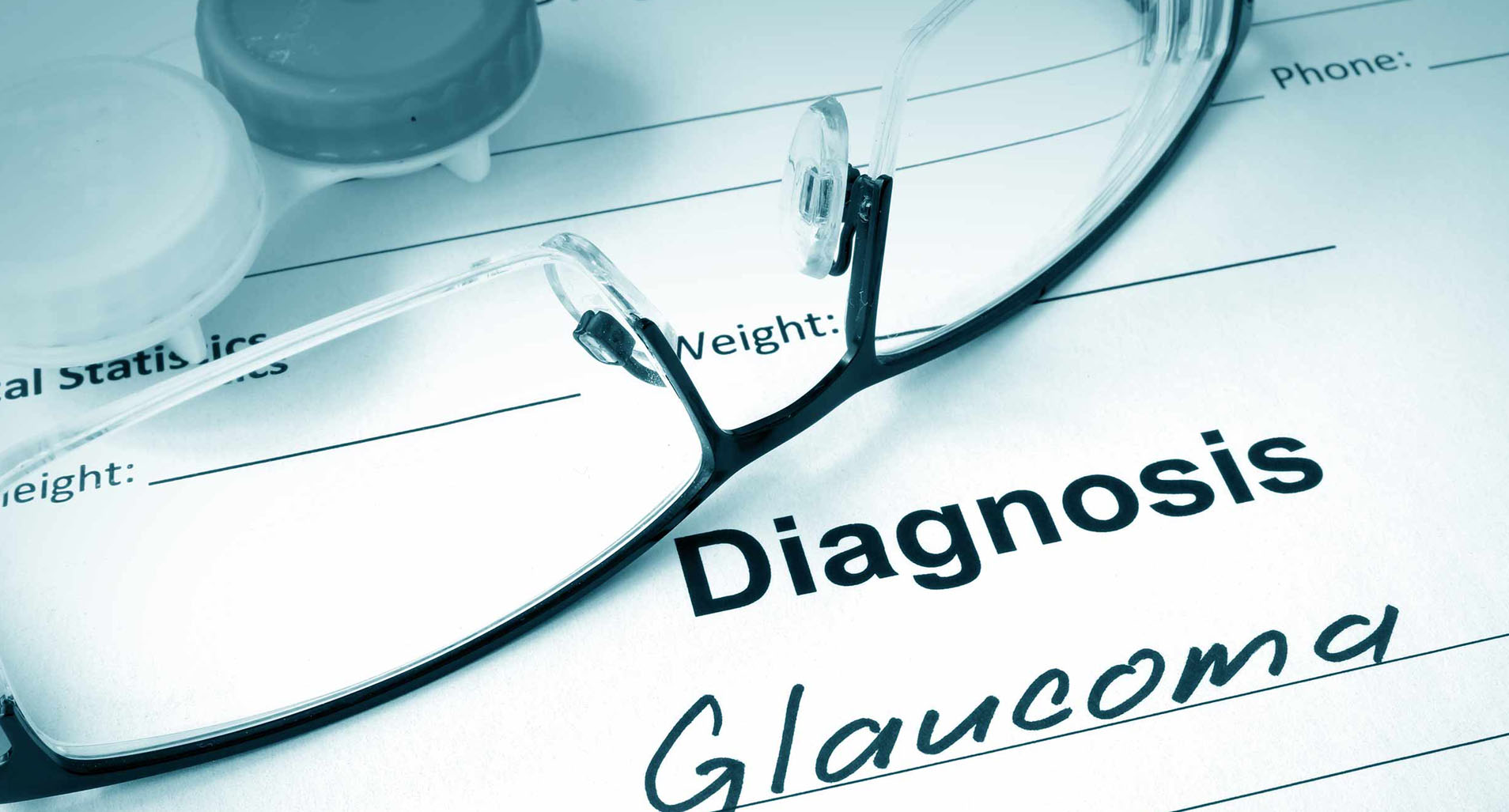News
Diet Soda Linked to Increased Risk for Diabetic Retinopathy
Posted 1/03/19 (Thu)
Drinking diet soda may increase the risk for proliferative diabetic retinopathy — a severe type of diabetic eye disease that can lead to blindness — according to a study published online in the September/October issue of Clinical and Experimental Ophthalmology.
The study is the first to evaluate the link between soft drink consumption and microvascular complications of diabetes.
"In our clinical sample of people with diabetes, consuming more than four cans, or 1.5 liters, of diet soft drinks per week was associated with a twofold increased risk of having proliferative diabetic retinopathy," first author Eva Fenwick, PhD, told Medscape Medical News. Fenwick is a clinical research fellow at the Singapore Eye Research Institute and an assistant professor at the Duke-NUS Medical School, Singapore.
Interestingly, the study did not find a correlation between consumption of regular, sugar-sweetened soft drinks and increased risk for diabetic retinopathy.
Because the study was cross-sectional, further longitudinal studies are needed to determine whether soft drinks are unhealthy alternatives to sugar-sweetened beverages, she added.
Diet soft drinks have been marketed as a healthier option to regular soft drinks, yet a growing body of evidence has suggested that artificial sweeteners may also have detrimental health effects. Past research has linked diet soda to increased cardiometabolic risk, poor cardiovascular outcomes, and type 2 diabetes mellitus.
Although the biological mechanism remains unknown, some researchers hypothesize that diet beverages may "fake out" the body to assume more energy has been consumed than it really has. That may lead to increased hunger and higher calorie intake in the long run.
The study included 609 adults with type 1 diabetes (n = 73; 12.5%), type 2 diabetes (n = 510; 87.5%), or unknown diabetes type (n = 26; 4.3%) at a tertiary eye hospital between 2009 and 2010. The mean age of the participants was 64.6 years. They came from the Diabetes Management Project, a cross-sectional study of English-speaking adults with diabetes in Melbourne, Australia.
Participants underwent objective measurement of diabetic retinopathy and diabetic macular edema with standardized techniques to determine how soft drinks may affect microvascular complications of diabetes.
Participants self-reported soft drink consumption on a 145-question food frequency questionnaire. Of the total sample, 46.8% (n = 285) drank regular soft drinks, and 31.2% (n = 190) drank diet soft drinks.
Almost one quarter (24%) (n = 146) had proliferative diabetic retinopathy.
Reprinted from Medscape
December 31, 2018, Veronica Hackethal, MD
